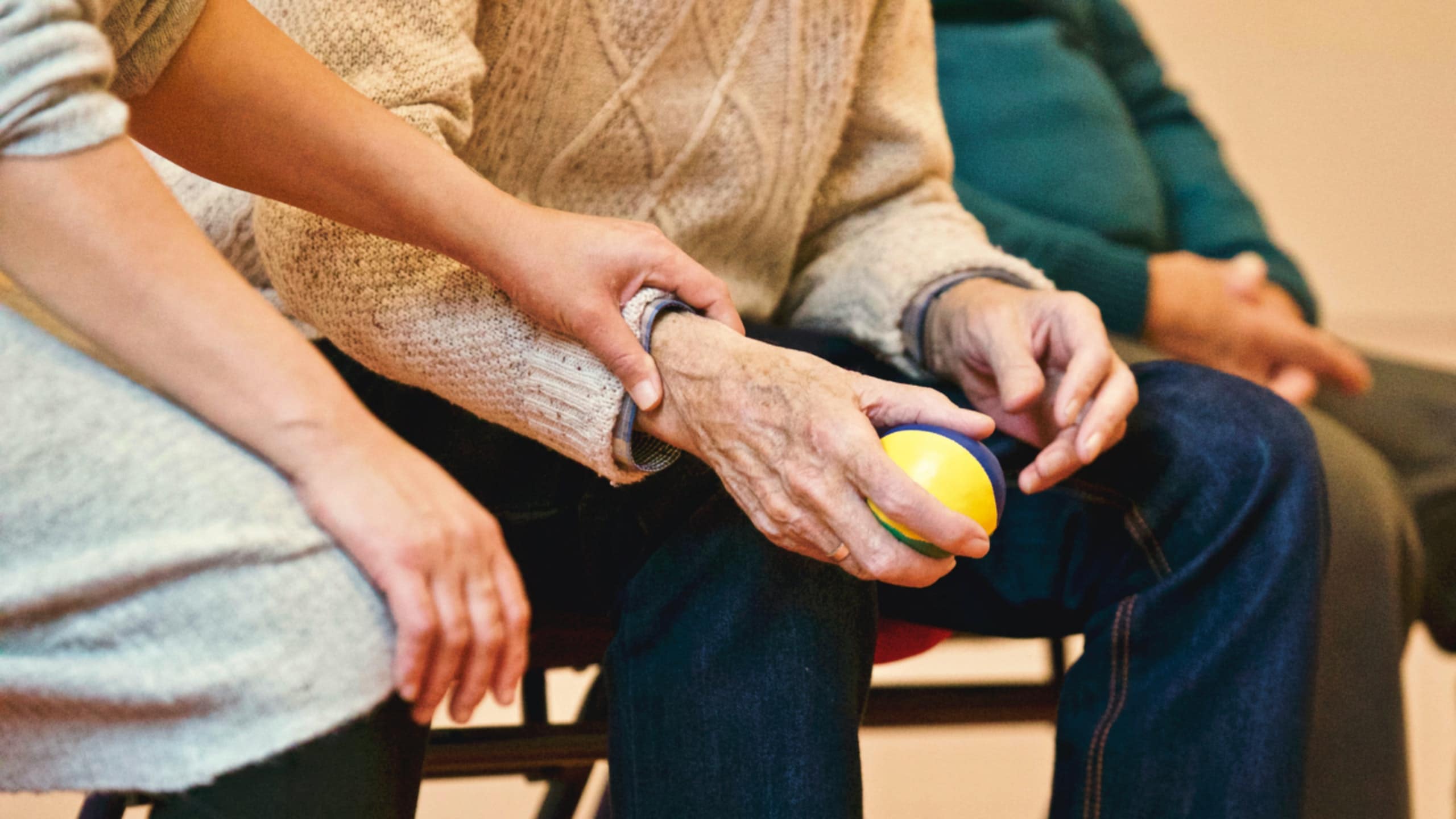
Newsfeed
March 30, 2020
In an effort to stem the spread of COVID-19 amongst those deemed most vulnerable, the Superintendent of Public Health (by virtue of the powers vested in her in terms of the Public Health Act) has now adopted a targeted approach to “lock-down” via the issuance of Legal Notice 111 of 2020, i.e. the Protection of Vulnerable Persons Order, 2020 (the “Order”).
The Order expressly caters for a set of ‘vulnerable’ individuals who “are to remain segregated in their residence”, these being (verbatim):
(a) persons of sixty-five (65) years of age or over;
(b) pregnant women;
(c) persons suffering from the following chronic illnesses and, or medical conditions:
(i)
insulin-dependent diabetics;
(ii)
patients who are immunosuppressed;
(iii)
patients undergoing any immunosuppressive treatment including but not limited to the use of biological agents and immunomodulators;
(iv)
patients suffering from cancer who are undergoing chemotherapy;
(v)
patients suffering, or who have suffered, from cancer having undergone chemotherapy at any time within the last six (6) months preceding the entry into force of the Order;
(vi)
patients on dialysis;
(vii)
patients who are to be admitted to hospital with respiratory problem exacerbations;
(viii)
patients who, at any time within the last year preceding the entry into force of the Order, have been admitted to hospital with respiratory problem exacerbations;
(ix)
patients suffering from cardiac disease who are to undergo a cardiac intervention or a cardiac surgical procedure;
(x)
patients suffering, or who have suffered, from cardiac disease having undergone a cardiac intervention or a cardiac surgical procedure at any time during the last six (6) months preceding the entry into force of this Order;
(xi)
patients attending a heart failure clinic; and
(xii)
patients on oral steroids.
Individuals who qualify as ‘vulnerable persons’ in accordance with (a), (b) and (c) above, but who inter alia occupy a public office or are employed in the health care sector are effectively exempt from the obligation to segregate – unless they opt to do so voluntarily.
The Order further provides for exceptions to the general obligation of segregation if and in so far as a ‘vulnerable person’ needs to attend a medical appointment, obtain medical care, purchase essentials and/or attend to an urgent personal matter – subject to an underlying obligation to limit his/her time outdoors to the least time possible, and to the effective practising of social distancing at all times.
Despite the above, the Superintendent of Public Health may in her absolute discretion exempt an individual who qualifies as ‘vulnerable person’ from the measures set out in the Order.
The Order does not purport to regulate those individuals who, despite not qualifying as ‘vulnerable persons’ in their own right, effectively share a residence with a ‘vulnerable person’.